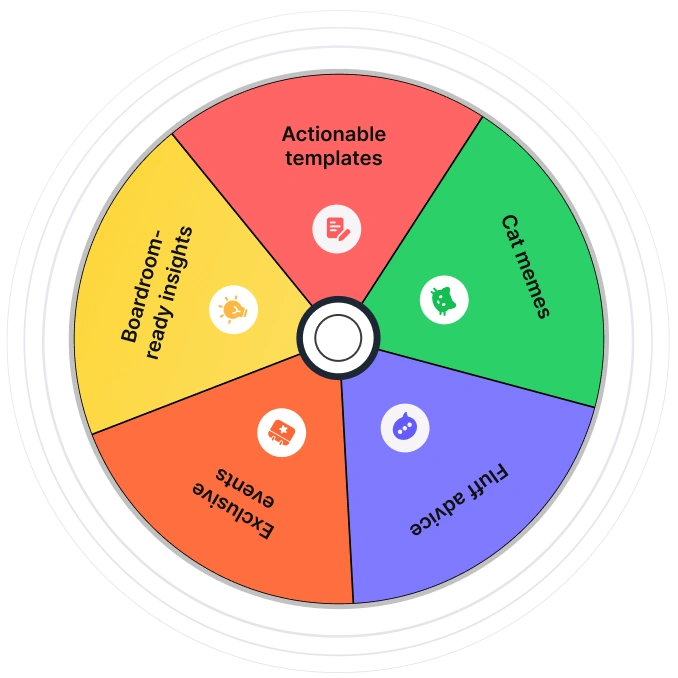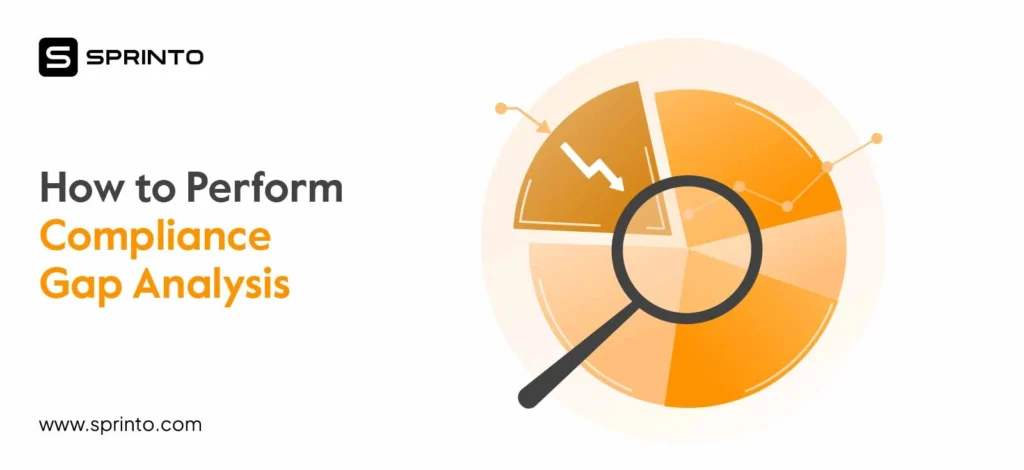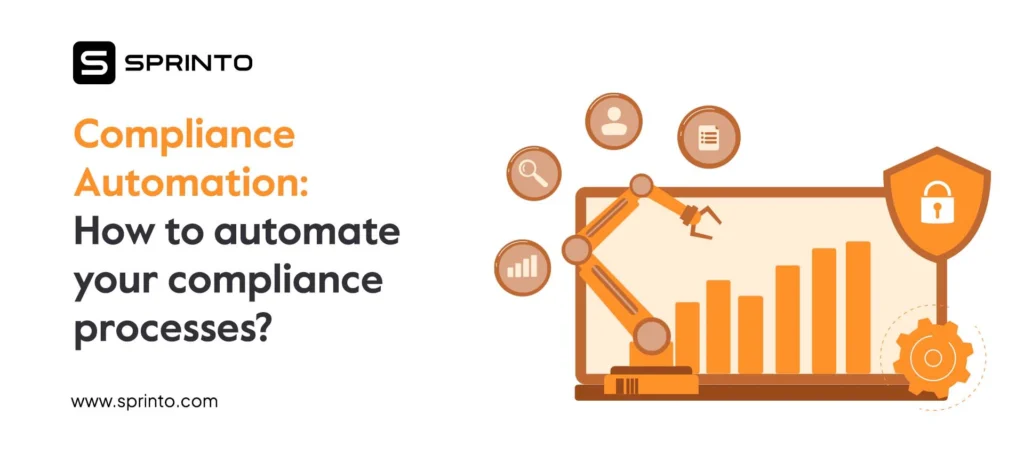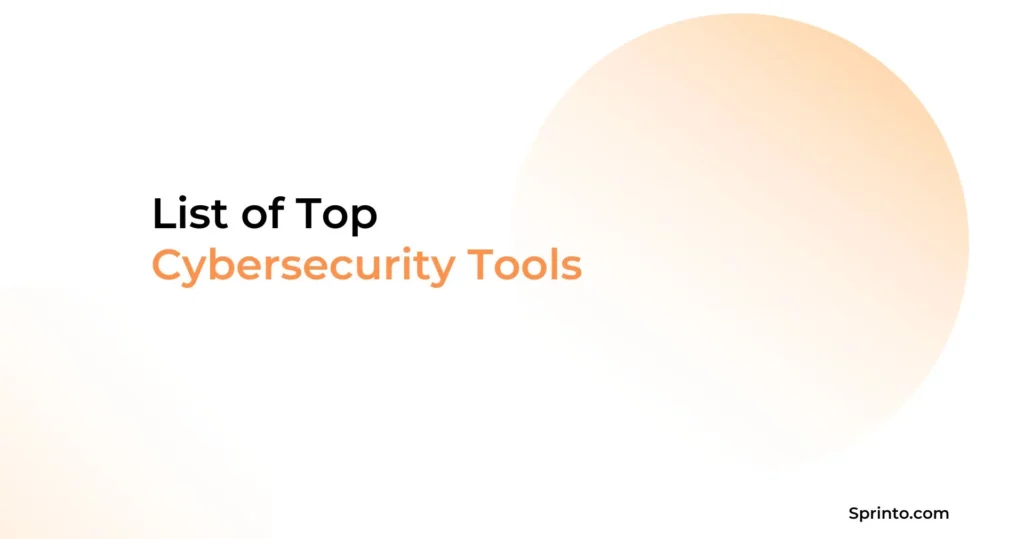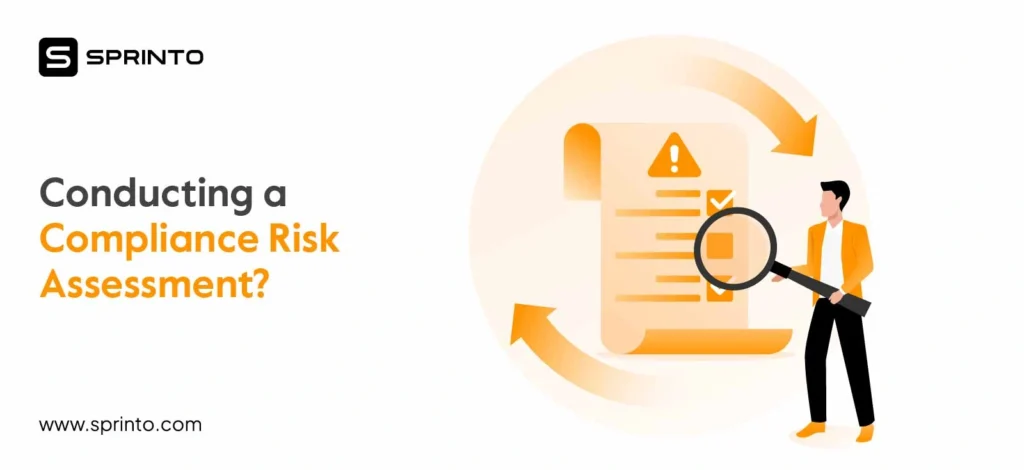If you’re trying to break into cybersecurity, you’ve probably asked the question: “Should I get certified or learn on the job?”
The short answer: yes, you should get certifications. Not just to land a role, but also to add a structure to your understanding of the field. Especially when responsibilities blur across security, infrastructure, and compliance, certificates, for one, help you demonstrate and deploy that knowledge. But what’s really crucial is the technical depth and know-how that comes from pursuing these certifications. It’s about knowing your stuff deeply!
In this blog, we’ll deep-dive into why you need to get cybersecurity certifications, which ones are worth pursuing, and how much they cost.
| Cybersecurity certifications validate your credentials and open doors to high-earning roles in cybersecurity. |
| They strengthen your profile, help organizations establish a solid security posture, and build trust with clients, partners, and stakeholders. |
| From entry-level programs to advanced specializations, certifications like CISM, CEH, and CISA will prepare you to join teams that lead the charge in proactively preventing threats. |
What is a cybersecurity certification?
A cybersecurity certification is a formal recognition that validates knowledge and expertise in cybersecurity, including security, threat detection, risk management, and compliance.
Like any other academic credential, earning a cybersecurity certificate involves completing courses followed by an exam. Unlike informal learning, certifications come with a structured learning path developed by industry-recognized bodies like CompTIA, (ISC)2, ISACA, and others.
Having certified team members gives an organization an unfair advantage. They’re audit-ready and risk-aware, clarify compliance efforts, and build stakeholder trust.
If you’re still waiting for an incident to prioritize security, you’re already behind. A cybersecurity certification helps you build the much-needed resilience that your business needs.
Why organizations prioritize cybersecurity certifications
Building a solid cybersecurity foundation starts with people, not just tools and policies. Skilled professionals build secure teams because they know how to spot risks, avert threats, and manage incident response. Certifications help prove this. They’re how growing companies turn intent into trust that auditors, clients, and partners can see.
For cybersecurity professionals, certifications are more than a resume boost. Whether you’re transitioning from your field or starting fresh, they help build credibility with hiring managers and team leads before you even sit for an interview.
It shows that you’ve invested the time to learn the fundamentals, understand real-world threats, and respond appropriately when things go wrong.
From a broader lens, here’s how certifications help:
- Cybersecurity certifications validate hands-on skills. It shows you know how to apply security principles across systems and environments in real-world scenarios.
- Cybersecurity certifications help keep your skills relevant even as tools and compliance frameworks evolve.
- They show operational and security maturity to clients and partners.
- Cybersecurity certifications equip you with job-ready skills, so you’re ready to handle real-world scenarios when needed.
- When you’re armed with the proper knowledge and expertise, you can jump into hands-on work across tools, policies, and scenarios.
Types of cybersecurity certifications
So you’re convinced that getting certified is the ideal next step. Before you start evaluating which certifications to pursue, it helps to understand the two major categories: vendor-neutral and vendor-specific.
Vendor-neutral certification
Vendor-neutral certifications focus on building foundational knowledge, best practices, and frameworks. These certifications help you build applicable knowledge and skills across various tools, platforms, and organizations.
They cover subject areas like risk management, threat response, core security operations, and network security.
Examples: CompTIA Security+, Certified Information Systems Security Professional (CISSP), Certified Information Systems Auditor (CISA)
Vendor-neutral certifications are ideal for those starting out in their cybersecurity careers. It also includes those aiming for roles where security isn’t tied to a specific tech stack.
Vendor-specific certification
These certifications focus on a particular platform’s security system, such as Cisco, AWS, or Microsoft Azure. If you’re working with a specific tool, you need a vendor-specific certification to train you to work with it.
Vendor-specific certifications help you gain hands-on expertise in operating that specific platform.
Examples: AWS Certified Security-Specialty, Cisco CCNP Security
So, when should you opt for a vendor-specific certification? If you already use that tool, are you applying to companies that use it or want to hold expertise in that environment?
Benefits of cybersecurity certifications
If you’re serious about upskilling and leading initiatives that matter, certifications give you a focused way to do that. They help you build trust where it matters—internally, with stakeholders and within teams; externally with partners and clients.
Here’s what cybersecurity certifications bring to the table
- Stay ahead of evolving threats
The threat landscape constantly evolves, and these certifications help you identify, avoid, and respond to attacks. Recognized credentials like CISSP and CISM signal that your organization meets high standards in cybersecurity, risk mitigation, and incident response.
- Boost customer and stakeholder confidence
Let’s face it. Trust is hard to earn and easy to lose, especially when data breaches are frequent. Cybersecurity certifications offer tangible proof that your security practices align with industry standards. This gives clients, partners, and stakeholders the confidence to trust your systems, people, and product.
- Increased skills and confidence
A cybersecurity certification is about incorporating fundamental skills and not just adopting a job title. They show that you’ve been trained, tested, and know how to apply the skills you learned. Employers also seek professionals who are actually prepared and not just familiar.
- Encourage knowledge sharing across teams
Once you’re certified, you’re in a position to mentor and guide others. This naturally builds stronger teams, with fewer silos and a more security-aware culture across departments.
- Future-proof your career
A cybersecurity certification is meant to help you today and in the future. It’s going to open doors later as well. This can show up in internal promotions, pivots into more rewarding roles, and even more autonomy in your current one.
- Support business continuity and resilience
When you’re certified, you know how to respond to incidents quickly and effectively. This helps you bounce back faster, avoid unnecessary downtime, and stay resilient.
What is the cost of cybersecurity certifications?
Cybersecurity certifications come with a price tag, depending on the expertise level, use case, and the issuing body. Typically, earning a certification in cybersecurity can cost you anywhere from $200 to as much as $1200 for more advanced ones.
Below $350, beginner-friendly options like the Google Cybersecurity Certificate or the IBM Cybersecurity Analyst are ideal for beginners.
As you move up to more intermediate certifications like AWS Security Specialty, CompTIA Security+, and CompTIA PenTest+, the cost could range between $400 and $1,000.
For senior professionals eyeing leadership roles, there are certifications like CISSP, CISM, and CEH, which can cost anywhere between $600 and $1200.
In the next section, we’ll break down the top 12 most recognized cybersecurity certifications, including their costs, eligibility criteria, and job roles they open up to.
12 Best cybersecurity certifications to consider
When planning to get certified, let your goals define your decision-making process. Here are 12 industry-recognized certifications, what they’re about, who they’re best for, and how to qualify:
1. CompTIA Security+
If you’re looking to build a career in information security, CompTIA+ Security is one of the most prominent foundational certifications to go for. It follows the vendor-neutral certification pathway and offers foundational knowledge to build and validate cybersecurity skills.
This course is ideal for professionals starting in their cybersecurity careers. It helps you build core skills and expertise in the following areas:
- General security concepts (security controls, change management, cryptographic solutions, etc.)
- Threats, vulnerabilities, and mitigations
- Security operations
- Security architecture
- Security program management and oversight
After earning your CompTIA Security+ certificate, you can land jobs like Cybersecurity Specialist, Cybersecurity Analyst, IT Auditor, Cybersecurity Architect, and Penetration Tester.
Eligibility criteria: You should have two years of relevant experience in IT administration with a security focus. A CompTIA Network+ certification would be a plus.
Cost: $425
Estimated annual package: $89,915 to $157,496
2. Certified Information Systems Auditor (CISA)
Accredited by ISACA (Information Systems Audit and Control Association), CISA is an important certification for mid-career professionals involved in monitoring, auditing, and assessing IT systems. It validates your ability to follow a risk-based approach to audits. CISA is especially relevant because it also addresses AI and blockchain, helping you stay ahead in audit practices.
CISA broadly covers the following five domains:
- Information Systems Auditing Process
- Information Systems Acquisition, Development, and Implementation
- Governance and Management of Information Technology
- Information Systems Operations and Business Resilience
- Protection of Information Assets
With a CISA certificate, you can advance into roles like IT Audit Manager, Cybersecurity Auditor, Information Security Analyst, Compliance Program Manager, and IT Project Manager.
Eligibility criteria: At least 5 years of Information Security audit, control, or assurance experience.
Cost: $575 for ISACA members and $760 for non-members
Estimated annual package: $112,241 to $162,067
3. Certified Information Systems Security Professionals (CISSP)
This cybersecurity certification by the International Information Systems Security Certification Consortium (ISC) is ideal for those looking to advance into senior cybersecurity roles.
Experienced security managers, practitioners, and executives get the CISSP certification to demonstrate their expertise in building, implementing, and managing cybersecurity programs.
In terms of the curriculum, you can expect to learn and build skills around the following areas:
- Security and Risk Management
- Asset Security
- Security Architecture and Engineering
- Communication and Network Security
- Identity and Access Management (IAM)
- Security Assessment and Testing
- Security Operations
- Software Development Security
Once you get a CISSP certification, you can expect to land roles like Chief Information Security Officer, Security administrator, Senior security consultant, and Information assurance analyst.
Eligibility criteria: At least 5 years of cumulative experience in at least 2 out of 8 certificate domains.
Cost: $749
Estimated annual package: $81,559 to $217,127
4. Certified Information Security Manager (CISM)
Another ISACA certification, CISM, helps validate your skills in handling information security incidents like data breaches and ransomware attacks. From assessing risk and setting up governance systems to managing complex incidents in real time, CISM shows that you’re ready to manage security at the organizational level.
With this certification, you will gain an in-depth expertise and knowledge of the following domains:
- Information Security Governance
- Information Security Risk Management
- Information Security Program
- Incident Management
A CISM certification allows you to pivot into roles like IT Manager, Information Systems Security Manager, Information Risk Consultant, Director of Information Security, and Data Governance Manager.
Eligibility criteria: At least 5 years of work experience in information security management within the CISM job domains.
Cost: $575 for ISACA members, $760 for non-members
Estimated annual package: $108,606 to $345,673
5. Certified Cloud Security Professional (CCSP)
With the CCSP by the ISC2, you can develop advanced knowledge and expertise to design, manage, and keep data, applications, and infrastructure secure in the cloud. This certification will help you develop skills to manage your company’s cloud environments and purchased cloud services.
Cybersecurity professionals holding a CCSP certification will cover the following domains as part of the curriculum:
- Cloud Concepts, Architecture, and Design
- Cloud Data Security
- Cloud Platform & Infrastructure Security
- Cloud Application Security
- Cloud Security Operations
- Legal, Risk, and Compliance
A CCSP certification opens up career opportunities as a Cloud Security Architect, Systems Engineer, Security Manager, or Security Engineer.
Eligibility criteria: At least 5 years of work experience in information security management within the CISM job domains.
Cost: $599
Estimated annual package: $114,211
6. Certified Ethical Hacker (CEH)
The EC-Council’s CEH certification is designed for ethical hackers looking to protect their organization against any threats they might face. It puts you in the shoes of a threat actor so that you can spot vulnerabilities, understand attack patterns, and build a solid defense.
If you’re looking for a practical ethical hacking experience, the CEH certification does not disappoint, as it focuses on real-world applications.
The curriculum covers various topics, including the following:
- Introduction to ethical hacking
- Scanning networks
- Enumeration
- Vulnerability analysis
- System hacking
- Malware threats
- Hacking web applications, web servers, and wireless networks
- Cloud computing
- Cryptography
A CEH certification is ideal for jobs like Cybersecurity Engineer, Threat Intelligence Analyst, Cyber Incident Analyst, Cloud Security Architect, and Penetration Tester.
Eligibility criteria: At least 2 years of work experience in an information security role.
Cost: $950 to $1,199
Estimated annual package: $104,548 to $234,881
7. Certified in Risk and Information Systems Control (CRISC)
If you’re looking to become an expert in risk management, then the CRISC certification is perfect for you. This is the 4th most well-paying cybersecurity certification in the world. By completing this certification, you can build the skills to manage enterprise risk effectively.
The content of the CRISC certification includes the following subject areas:
- Corporate IT governance
- IT risk assessment
- Risk response and reporting
- Information technology and security
After earning a CRISC certification, you can land roles such as Security Directors, Managers, and Consultants and/or Compliance, Risk, and Privacy Directors or Managers.
Eligibility criteria: At least 3 years of work experience in information systems auditing, control, or security, as mentioned in the CRISC job areas.
Cost: $575 for ISACA members and $760 for non-members
Estimated annual package: $169,065
8. GIAC Security Essentials Certificate (GSEC)
The Global Information Assurance Certification (GIAC) offers the GSEC certification for individuals seeking to demonstrate their qualifications for IT roles focused on security tasks. This is ideal for new InfoSec professionals, Security administrators, Operations personnel, Penetration testers, and auditors.
With the GSEC certification, you will cover the following topics:
- Defense in depth, access control, and password management.
- Cryptography: basic concepts, algorithms, deployment, and application.
- Cloud: AWS and Azure operations.
- Incident handling and response, data loss prevention, mobile device security, vulnerability scanning, and penetration testing.
- Linux: Fundamentals, hardening, and securing.
- SIEM, critical controls, and exploit mitigation.
- Web communication security, virtualization and cloud security, and endpoint security.
- Windows: access controls, automation, auditing, forensics, security infrastructure, and services.
A GSEC certification is best for those looking to work as an IT Security Manager, Computer Forensic Analyst, IT Auditor, Penetration Tester, and Security Administrator.
Eligibility criteria: No formal prerequisites related to experience or education.
Cost: $ 1299
Estimated annual package: $81,959 to $200,524
9. IBM Cybersecurity Analyst Professional Certificate
This foundational certification is ideal for someone trying to break into cybersecurity. With this course, you can gain hands-on experience with security analyst tools like data protection techniques, endpoint security measures, and SIEM platforms.
This 8-course certification program on Coursera covers the following foundations of cybersecurity:
- Network security basics
- Endpoint protection
- Threat intelligence
- Incident response
- Security information and event management (SIEM) tools
- Compliance frameworks and forensic analysis
This professional certification course is designed to prepare you for a Cybersecurity Analyst role.
Eligibility criteria: No formal prerequisites required.
Cost: $312
Estimated annual package: $36,000 to $118,000
10. AWS Certified Security-Specialty
AWS Certified Security-Specialty is a vendor-specific cybersecurity certification. This cybersecurity certification will help you gain the skills to create and implement security programs in the AWS cloud.
In terms of the certification, it broadly covers the following:
- Specialized data classification
- AWS data protection mechanisms
- Data encryption methods and AWS mechanisms to implement them
- Secure internet protocols and AWS mechanisms to implement them
With the skills earned from this certification, you can bag job roles within cloud architecture, database management, networking, and DevSecOps.
Eligibility criteria: At least 5 years of IT security experience building and implementing security solutions, and at least 2 years of experience securing AWS workloads.
Cost: $300
Estimated annual package: $81,000 to $150,000
11. Google Cloud Cybersecurity Professional Certificate
The Google Cybersecurity Professional certificate is another certification that opens you up to entry-level opportunities. It combines foundational knowledge with real-world simulations to prepare you for cybersecurity analyst or SOC analyst roles.
In this 9-course program, you’ll get hands-on experience with tools like Python, SQL, Linux, SIEM platforms, and data protection techniques. For the curriculum, you will go through the following subject areas and topics:
- Foundations of cybersecurity
- Managing security risks
- Network and network security
- Assets, threats, and vulnerabilities
- Detection and response
After completing your certification, you will take up roles involved in designing and overseeing cloud-based data storage solutions, including platforms like BigQuery and Cloud Storage.
Eligibility criteria: No previous experience is needed
Cost: $200
Estimated annual package: $130,000 to $180,000
12. CompTIA+ PenTest+
If you’re ready to go from theory to action in cybersecurity, CompTIA+ PenTest+ helps you upskill in ethical hacking, vulnerability scanning, and real-world penetration testing.
This certification is built for professionals looking to prove their ability to think like attackers and avert threats before they strike. As for what you’ll learn, the CompTIA+ PenTest+ equips you with skills in:
- Planning and scoping a penetration-testing engagement.
- Understanding legal and compliance requirements.
- Using appropriate tools and techniques for vulnerability scanning and penetration testing.
- Providing detailed reports with remediation techniques, communicating results to the management team, and offering practical recommendations.
A CompTIA+ PenTest+ certification can help you get roles like Security Consultant, Penetration Tester, Network and Security Specialist, and Cloud Security Specialist.
Eligibility criteria: It is recommended to have 3-4 years of experience in information security or a related domain. It is intended to follow the CompTIA Security+ certification.
Cost: Comes in 4 packages:
Complete bundle – $1111
eLearning bundle – $1005
Exam prep bundle – $741
Basic bundle – $581
Estimated annual package: $123,176
FAQs
1. Which is the best cybersecurity certification?
The best cybersecurity certification is one that’s aligned with your career goals, expertise level, and financial bandwidth. There are CompTIA+ Security+ certifications and the Google Cybersecurity Professional Certificate for beginners. Experienced professionals can go for more advanced certifications like CISA and CISM.
2. What skills do I need to land a job in cybersecurity?
To bag a job in cybersecurity, it’ll be helpful to hold expertise in skills like ethical hacking, network security, risk analysis, compliance frameworks, coding, and network defence mechanisms, depending on which specialization you want to pursue in your career.
3. How much does it cost to get a cybersecurity certification?
Cybersecurity certification costs range from $200 to $ 1,200, depending on the level of expertise and the accrediting body.
4. What are some typical cybersecurity roles?
Some sought-after roles in cybersecurity include Chief Information Security Officer (CISO), Penetration Tester, Cybersecurity Analyst, Cybersecurity Engineer, and Computer Forensics Analyst.
5. What is the annual package of a cybersecurity professional?
The average annual salary of cybersecurity professionals in the US, according to ISC2, is $147,138.
6. How can I get a cybersecurity certification?
Start by identifying which cybersecurity certification fits into your career journey and goals. To obtain the certification, you will have to appear for an exam. Prepare according to the curriculum and take training if necessary.
Anwita
Anwita is a cybersecurity enthusiast and veteran blogger all rolled into one. Her love for everything cybersecurity started her journey into the world compliance. With multiple certifications on cybersecurity under her belt, she aims to simplify complex security related topics for all audiences. She loves to read nonfiction, listen to progressive rock, and watches sitcoms on the weekends.
Explore more
research & insights curated to help you earn a seat at the table.






